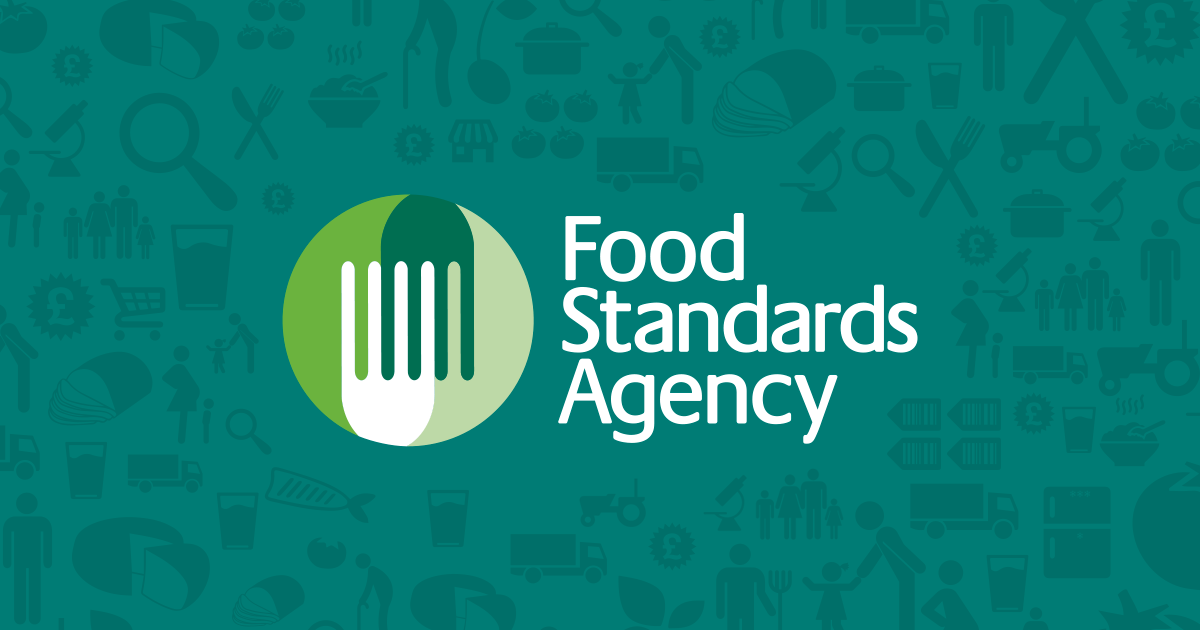The Food Standards Agency (FSA) announced its plan to improve Precautionary Allergen Labelling (PAL) through a more standardised approach. They also plan to offer more support for food businesses to apply PAL when necessary and to improve allergen cross-contact risk management. Furthermore, the FSA is seeking to improve allergen management and information for consumers in the ‘non-prepacked’ sector such as food prepared on request in restaurants and takeaways.
This move is part of the FHS (food hypersensitivity) Programme which was established in 2019. This programme aims to improve the quality of life for people with FHS by working with businesses and consumers to bring about a culture change in how allergies and intolerances are managed. The FSA reiterates that both businesses and consumers have a responsibility to understand and manage risk with the support of the best science and evidence and the right guidance.
The FSA found that feedback from businesses and consumers suggested that current PAL is confusing and can be applied inconsistently. From research they conducted to further explore this, they concluded that there is a necessity to keep consumers safe without unnecessarily limiting their food choices, whilst ensuring that any proposed solutions are workable for food businesses.
As such, the FSA intends to work with food businesses to ensure that PAL is:
- Communicated more clearly and consistently, in an understandable and meaningful way
- Based on proportionate and standardised processes for assessing, managing and communicating the risk of allergen cross-contamination by food businesses.
To achieve this the FSA has proposed the following:
- Working towards a standardised system for applying PAL to prepacked food products
- Supporting small and medium-sized enterprises (SME) to do the right thing
- Improving allergen cross-contact risk management and communication in the non-prepacked sector
- Allergen information and management in the non-prepacked food sector.
The FSA concludes that there is more work to be done to ensure that allergen information is clear, accurate and easy to use, and that food businesses in the non-prepacked sector have the skills and support to ensure that allergens are effectively managed. To achieve this, the FSA argue that there needs to be a system-wide focus, rather than focusing on one or two steps in the larger process. Whilst large businesses do not anticipate any challenges in implementing changes to PAL, the FSA acknowledges that for smaller businesses the provision of written information on menus and in an allergy matrix, as well as proactively asking consumers about allergies, may prove to be more challenging and necessitate more support.
You can read the FSA’s report here and stay up to date with other news here.





 Featured Training
Featured Training
OUR MEMBERSHIP
We're here to help make your catering business a success. Whether that be starting up or getting on top of your compliance and marketing. We're here to help you succeed.
Want our latest content?
Subscribe to our mailing list and get weekly insights, resources and articles for free
Get the emails